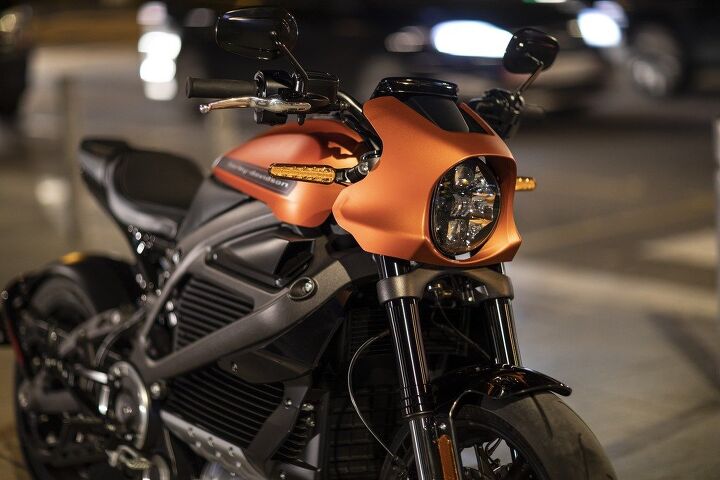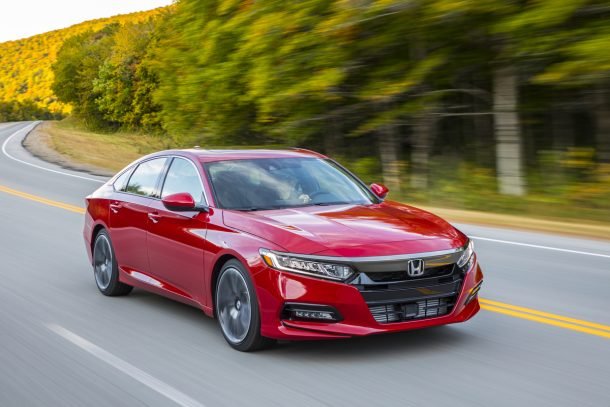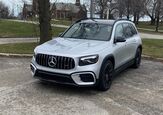#GenerationGap
Automakers Should Take Heed of Harley-Davidson's Marketing Failures
While not the core focus of this website, we’ve often chronicled Harley-Davidson’s missteps as a way of predicting issues that might crop up for manufacturers specializing in four-wheeled transportation.
You see, the iconically American motorcycle brand has painted itself into a corner. By leveraging its established fan base, sales swelled through the 1990s. Unfortunately, the United States’ interest in motorcycles plummeted once the Great Recession hit. H-D was not exempt, enduring the worst of it as its stock price declined 42 percent over the last five years.
As the recessional dust cleared, rival manufactures panicked and shifted away from larger bikes aimed at experienced riders with more money to spend. Japanese companies began furnishing smaller, inexpensive models they hoped would encourage new riders. Harley Davidson waited longer to do this, launching two competitively priced, entry-level models that were still larger than seemed prudent.
Despite the industry seeing slightly improved volumes in the years following 2010, the last two have seen negative growth and annual sales totalling less than half of their pre-recession peak. Hoping to find new riders somewhere, H-D again shifted tactics by building child-sized scooters and the all-electric LiveWire.
Nissan Still Claiming Millennials Love Sedans
According to a study commissioned by Nissan, Millennials are committed to saving the sedan in an era when crossovers have usurped much of the market. While much of the study revolves around asking people whether they’d consider purchasing a sedan in the future — something any smart shopper would say “yes” to — survey respondents also said there was very little difference in terms of customer satisfaction between crossovers and sedans.
That’s good news for any automaker that launched a bundle of new and refreshed sedans over the past few years. Can you think of one?
Millennials Still Prefer Cars, Study Suggests
Ever since the Great Recession, Millennials have become the target of blame for every economic woe imaginable. They’re not saving their money, they’re not buying homes, they’re not making enough, they change jobs too frequently, they don’t know how to shop around, they’re crippled by debt, and they aren’t buying enough cars. Depending on where you get your news, they are frequently framed as economic imbeciles incapable of doing anything right.
Of course, the obvious counterpoint to those allegations involve the broader problem stagnating wages and a market established by their higher-earning forebears that they can’t seem to wrangle — but who has the time for nuance these days?
While we primarily care about the car buying angle, it’s worth mentioning that Millennials are different from their older counterparts. Still, we were surprised in how that fact manifested itself this week. Apparently, Millennials aren’t all that excited about utility vehicles. Despite SUVs and crossovers dominating the automotive landscape, younger folks are still choosing to buy cars.
Ailing Motorcycle Industry Could Be Canary in Coal Mine for Automakers
If you think car enthusiasts are a dying breed, you should take a look at motorcyclists. The two-wheeled industry is in serious trouble. A total failure in marketing occurred over the past decade. New riders aren’t coming in fast enough to replace the glut of Baby Boomers rapidly aging out of the market, and there’s a looming paranoia that self-driving vehicles could push bikes off the road entirely.
In 2017, U.S. motorcycle sales were down 11 percent, and no company was hit harder than Harley-Davidson. The brand has the oldest consumer base and has repeatedly failed at recruiting younger riders. While it builds a fine product, it’s not one that appeals to millennials. This generational cohort proved hesitant to engage in motorcycling as a pastime — a situation not helped by having less disposable income than Generation X or the Boomers did at the same stage in their lives. Young women are also poised to start out-earning young men, and few brands have successfully tapped into the female demographic.



















Recent Comments